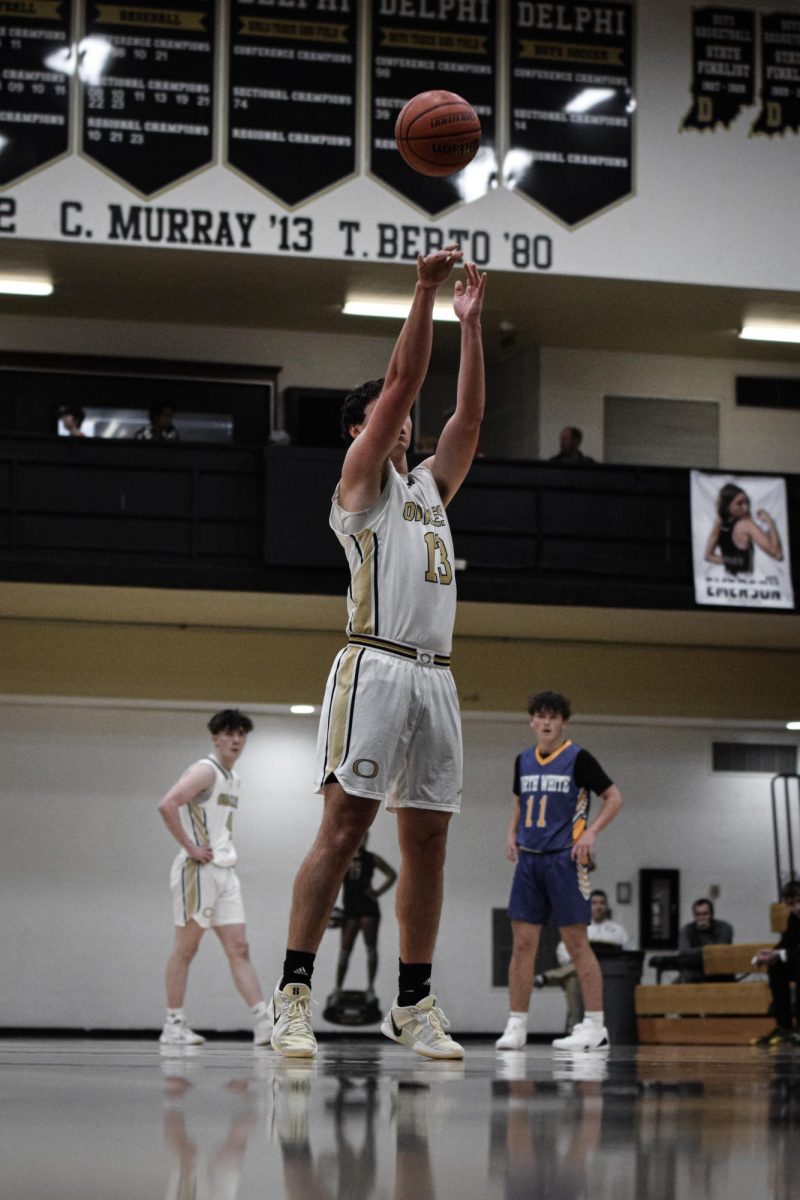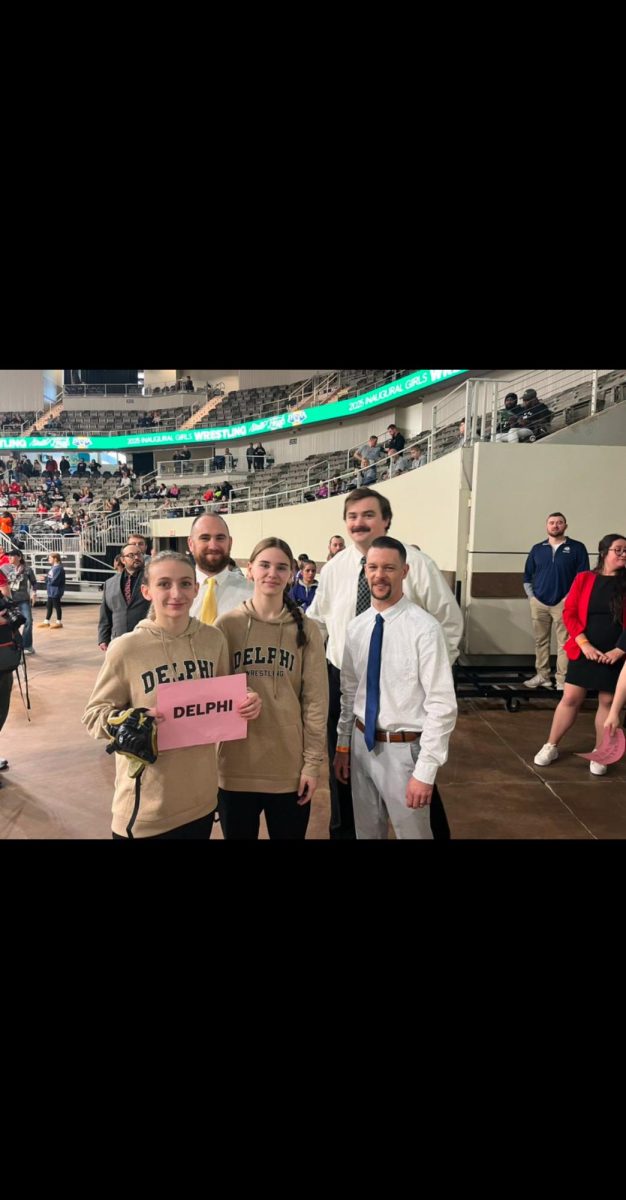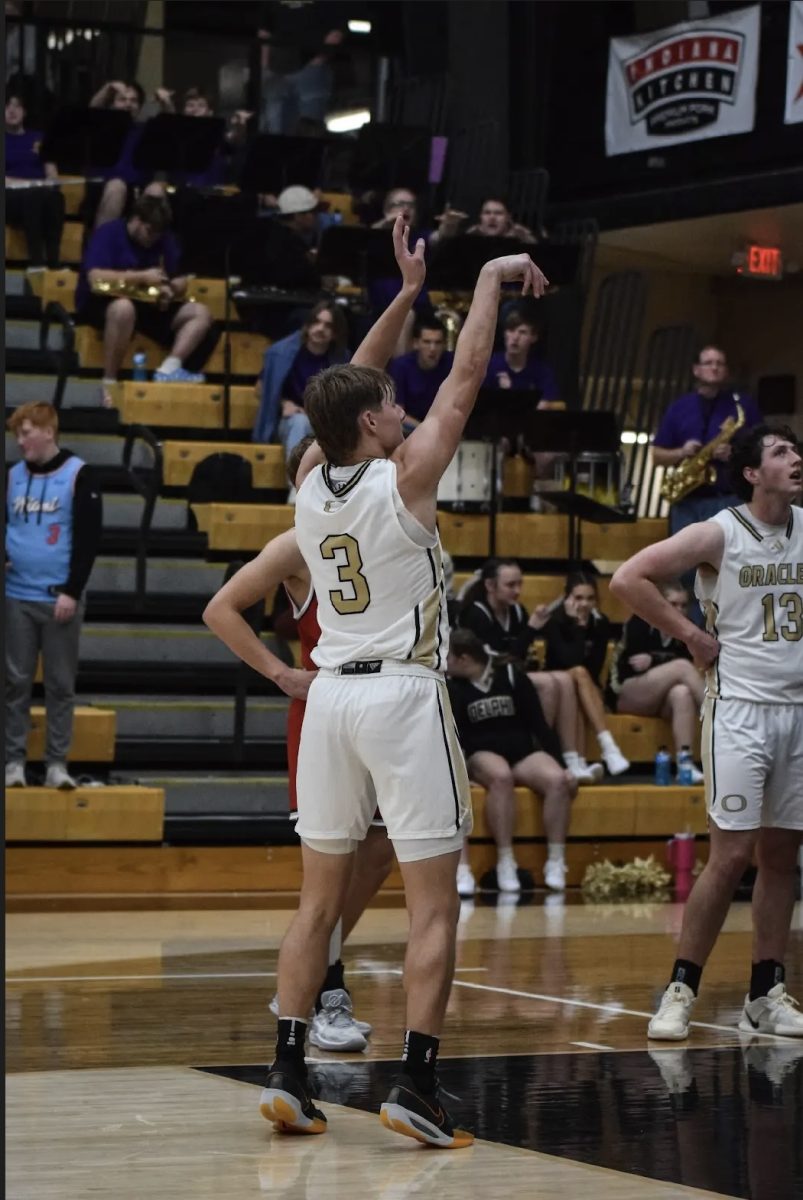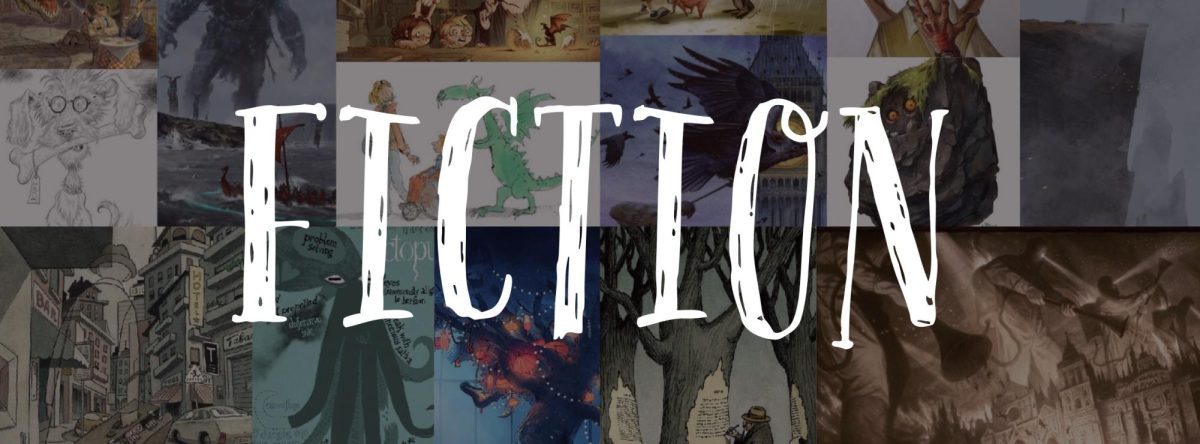Teaching styles making needed transition
With a society that is constantly advancing and changing, we need to be able to adapt to the change. Accepting new ideas, especially pertaining to education is vital to not being left behind. The ‘new way’ of education is scary for those who have been an educator for decades. Terms like flipped classroom, going paperless, and less homework were certainly not used 20 years ago. Teachers are now standing in front of students who are used to constant stimulation in high-def with surround sound stereo, so in order to keep education relevant in the lives of today’s youth, teachers are becoming more creative than ever.
The new way of education is through technology, including computers, tablets, and yes, even cell phones. Using these mediums maintains students’ attention and suits them better than an old paper and pencil. There are several apps that make education via technology so much more efficient than could have been imagined years ago. Delphi High School has a huge advantage, being a school that has 1:1 technology. Students have their own laptop that they can use to access the online tools required, or not, to complete an assessment. Also, Delphi has a special position, technology integration specialist, filled by Mr. Kline. His position’s purpose is to aid teachers in the transition from paper worksheets and wooden pencils to the use of online classroom polls, electronic white boards, note taking without even making a google doc, and drones flying around in calculus class. Mr. Kline is passionate about technology as well as education; this shows through is work with the faculty, staff, and even students.
Sadly, for many of today’s students, grades have become more important than learning. It is more important that a student passes a test than for him or her to understand the concepts. Evolved educators understand the difference between understanding and regurgitation. Mr. Tonsoni teaches social studies at Delphi Community High School, and he is the epitome of an evolved teacher. Mr. T doesn’t refer to himself as the teacher, but as the “lead learner,” meaning, he is not going to stand in front of a room full of students and tell them facts and expect them to regurgitate them for a test then move on. He walks through the information with the class and even learns new, deeper information as he prepares his students for the next stage of life. Tonsoni has attended and presented at education seminars to better his knowledge on the future of education. By getting involved in the education community, he and others alike can bounce ideas and methods off of each other, causing the process of bettering the classroom to become more efficient. Also, his classes are putting together a museum filled with all the information they collect throughout the year. This hands-on experience of building something with a final, tangible product will cause the information they were required to learn to be retained better, and will cause them to develop a deeper understanding for the topics.
With support from the administration and the help and encouragement from Mr. Kline, other teachers are beginning to work toward reaching the 21st century learners. Teachers are beginning to go paperless, such as Señora Hollingsworth, who puts the daily bellringer on Google Classroom. Mr. Koning tweets out extra credit problems. Mrs. Kinzie incorporates technology into the daily classroom to the point where students walk in, sit down, and know what to do. DCHS student, Kylah Flores stated, “Technology is where our future is headed. If education doesn’t get on board, it will get left behind, and wouldn’t that be a tragedy?”

Emilee is a senior at Delphi and in her third year on the Parnassus staff. She is also involved with Interact club, Student Council, and NHS. In her free-time,...


















